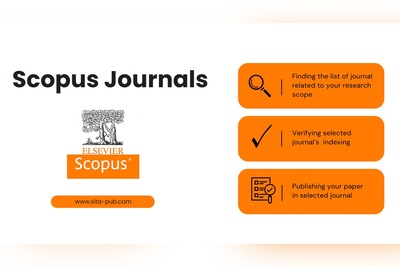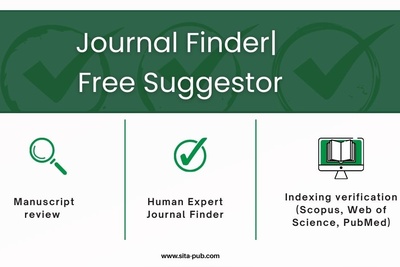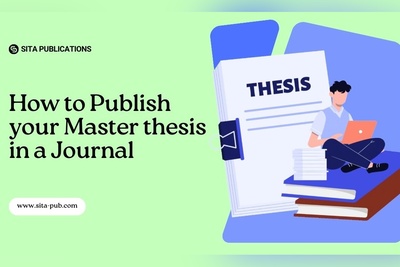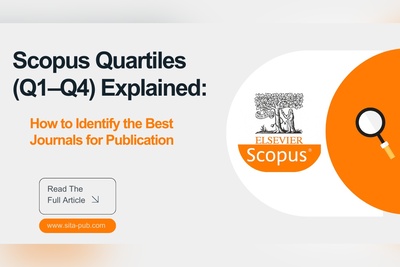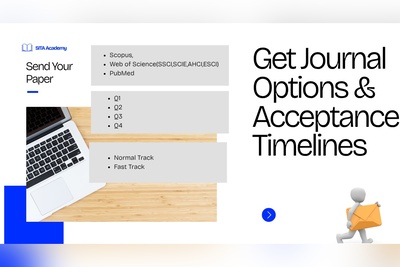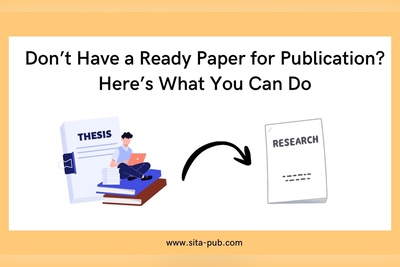What Are the Easiest Journals to Publish in (That Are Still Indexed)?
Struggling to publish fast in a reputable journal? Discover indexed journals with high acceptance rates, fast review times, and clear scope — ideal for researchers in need of efficient, ethical publishing options.
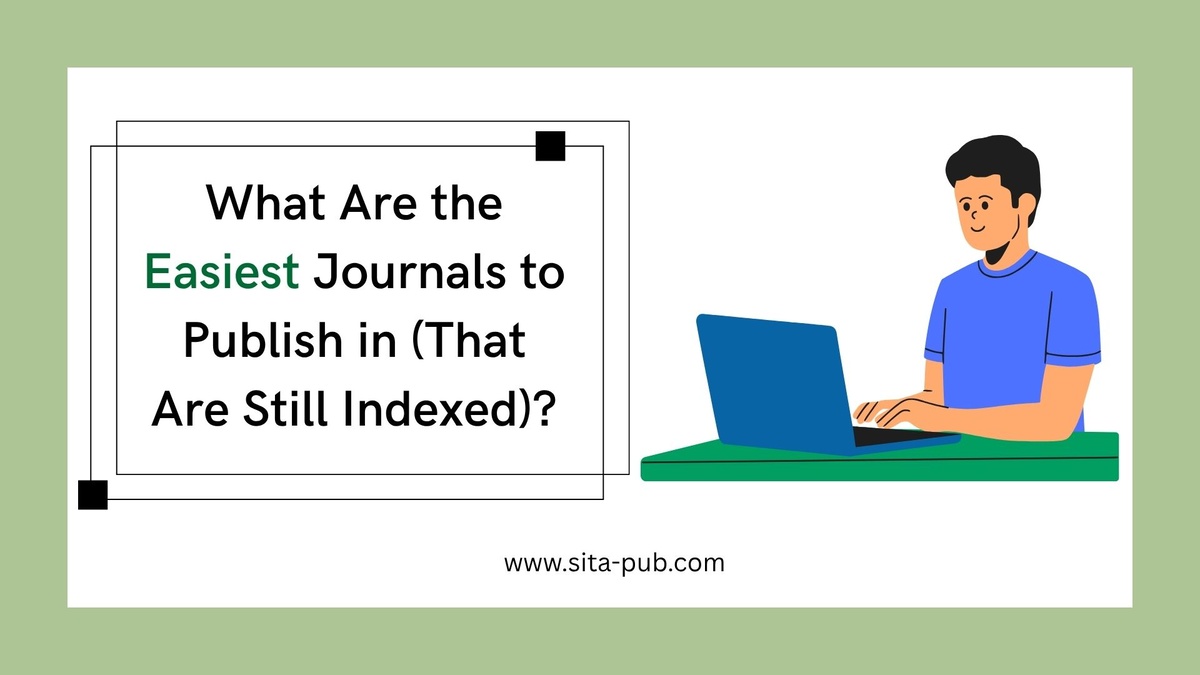
Publishing in indexed journals is essential for academic success — but not every journal accepts submissions quickly or easily. For first-time authors, PhD students, or faculty under pressure to publish, finding "easier" journals that are still reputable and indexed (like in Scopus, Web of Science, or PubMed) is a real need.
This guide will help you understand what "easy to publish" actually means, how to identify suitable journals, and provide tips for successful publication without compromising academic integrity.
What Does “Easiest Journal” Really Mean?
Before diving into lists or strategies, it’s important to clarify:
"Easy" should never mean low-quality or fake.
Here’s what we mean by “easier to publish”:
Faster review and publication timeline (4–12 weeks)
Higher acceptance rates
Clear scope and author guidelines
Not overly selective (like Nature or The Lancet)
Willing to accept new researchers or diverse topics
Transparent with fees and editorial policies

All while being indexed in Scopus, Web of Science, or PubMed.
Why Do Some Researchers Need Easier Journals?
Many researchers — especially in Saudi Arabia, the Gulf, or MENA region — face:
Graduation deadlines for master's or PhD
University requirements (e.g. Scopus/WoS-indexed journals)
Promotion timelines for faculty
Limited funding or experience

In these cases, selecting an easier (but legitimate) journal can make the difference between publishing on time or missing your opportunity.
Characteristics of Journals That Are Easier to Publish In

These journals often share certain features. Look for:
1. Wider Scope or Multidisciplinary Focus
Journals that publish across a range of disciplines or topics are often more open to varied submissions.
2. Higher Acceptance Rates
Most top journals accept <15% of submissions. Journals with 30–60% acceptance are more realistic for new authors.
Note: Acceptance rates aren't always public. You can infer from:
Number of articles per issue
Publication frequency
Author reviews online (via Scopus/SJR or Scimago)
3. Faster Review Process
Some journals offer:
Fast-track or express options
Average time to decision (published on their site)
Aim for journals with <2 months to first decision.
4. Lower Article Processing Charges (APCs) or Waivers
Journals with manageable fees are more accessible — especially if you don't have institutional funding.
How to Identify Easier Indexed Journals – Step by Step

Step 1: Decide Your Indexing Requirement
Ask yourself:
Do you need Scopus? Web of Science (SCI/ESCI)? PubMed?
What quartile (Q1–Q4) is required?
Does your university require Open Access or not?
Tip: Many Saudi universities require Scopus or ESCI as a minimum for graduation or promotion.
Step 2: Search Using Trusted Journal Databases
Use these databases to filter indexed and reputable journals:
Tool | For |
Scopus-indexed | |
Springer journals | |
Wiley publications | |
Journal metrics & quartiles | |
Trusted Open Access list | |
WOS-indexed |
Step 3: Analyze Key Metrics
Once you have a shortlist, check:
Scope match with your research
Quartile rank (Q3 or Q4 = less competitive)
Average review time
APCs (many journals waive fees for researchers from certain countries)
Recent publications (to check writing style and acceptance scope)
Red Flags to Avoid (Even If a Journal Looks “Easy”)
Claims indexing without proof on official platforms
Unrealistic speed (acceptance in 3 days)
No clear peer review process
No editorial board or fake names
Email-based submission instead of journal system
Always verify on Scopus, Web of Science Master List, or DOAJ.
Final Tips for Publishing in Easier Indexed Journals
Match your topic to the journal scope – it's the #1 reason for rejection.
Follow author guidelines carefully.
Polish your English – poor language often leads to rejection even in open journals.
Avoid chasing Q1 journals if you’re short on time or new to publishing.
Get professional help if you're unsure (many use services like SITA Academy for journal selection & formatting).
Publishing is about visibility, quality, and impact — not just prestige. If you’re aiming for graduation, academic promotion, or fulfilling institutional requirements, selecting an easier, indexed, and ethical journal can be the smartest route.
Journal Selection Support
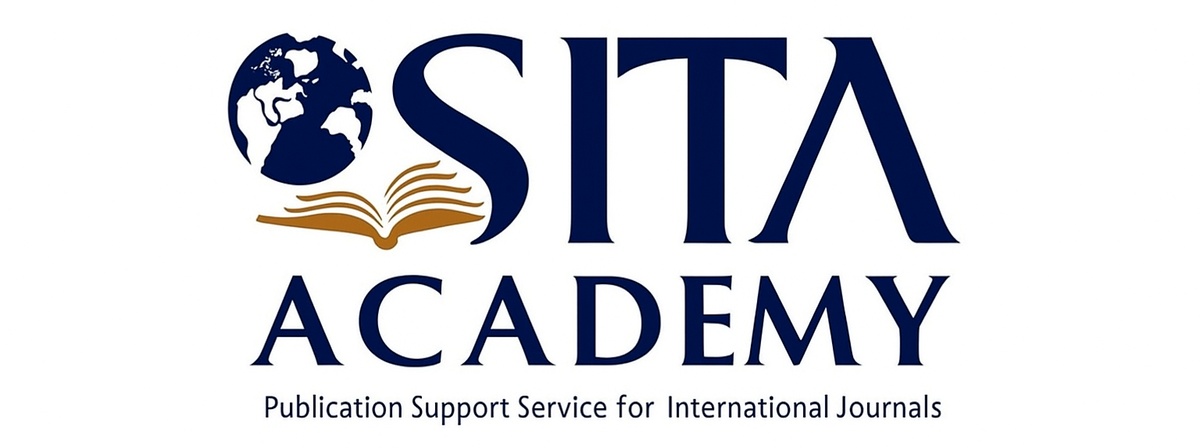
Whether you’re a PhD student facing graduation deadlines, a professor seeking promotion, or an early-career researcher navigating the world of publishing for the first time, choosing the right journal is often the most overwhelming part.
At SITA Academy, we understand how much time, effort, and uncertainty can go into journal selection. That’s why we’ve developed a smart, research-driven approach to help you confidently select indexed, ethical, and accessible journals that align with your work.
With our support, you don’t have to guess. We help minimize your timeline, avoid rejections, and streamline your path toward international publication — in Scopus, Web of Science, or PubMed.
